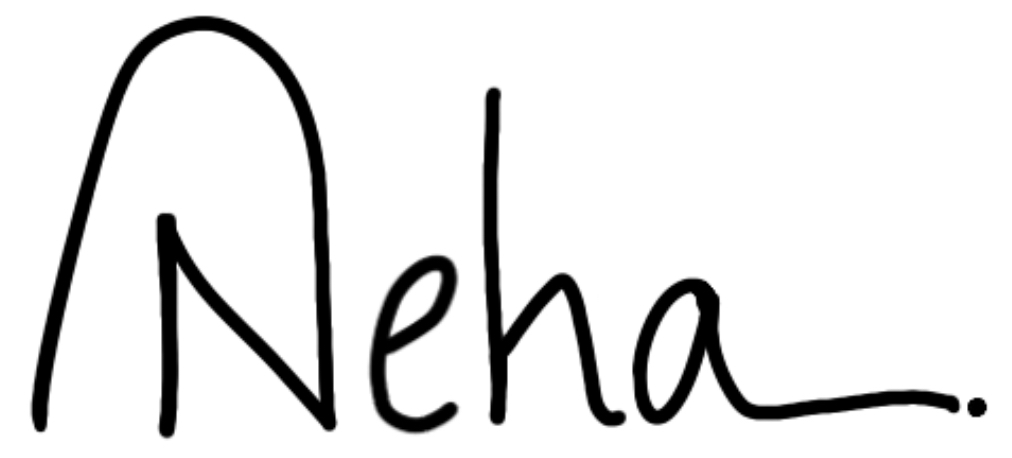“I have to understand the world, you see”
Being curious as a profession? That sounds right up my alley.
I have always found comfort in the logic that is embedded in science. Somewhere along my journey, in between 45-minute classes on why the mitochondrion is the powerhouse of the cell, how CRISPR has revolutionised biotechnology and how the area below a curve can be calculated using just a pen and paper, I fell in love with science.
This page is a little bit of a self-indulgence for me. I try my best to explain key parts of what I have done so far in science. I started working on this page as I was making the big decision of whether research is something I see myself as a career, so these are milestones I have had so far that are important. These projects and events have taught me how much I love being curious and solving problems by applying logic even when logic is so elusive, how I like having things in order but love chaos at the same time, how there can be great joy found in building a community of researchers who are part of something big and who are trying their best to make the world a better place.
I have a long way to go in my journey as a scientist and am just starting out. My focus has been to gain as much exposure in the field as possible by working at different labs. Understanding how lab environments work and how research has to be done in a manner that answers questions that are useful to the world, that makes full use of the resources, as well as realising the importance of collaborations, has been an incredibly rewarding process.
Overall, I’ve come to love the continuous cycle of proving and disproving that forms the heart of research. I would choose research again and again because I love the person that it makes me.
INTERNSHIPS
May 2024-August 2024. Darmstadt, Hesse, Germany
Summer Research Intern @ Technische Universität Darmstadt
Receiving the DAAD-WISE scholarship gave me the opportunity to intern at the Technical University of Darmstadt, Germany for 3 months under the guidance of Prof. M Cristina Cardoso whose lab focuses on the cell biology of the epigenome.
Here, I worked on an independent project to investigate the regulation of replisome association and stability under genotoxic stress using genetically engineered cell lines expressing fluorescently tagged replisome components. I thoroughly enjoyed using a combination of perpendicular techniques such as immunostaining, single-molecule analysis, and western blotting and optimizing methods to study the dynamics of replication forks in mouse embryonic stem cells.
The project was entirely hypothesis-driven, and I loved how it pushed me to think critically and approach research in a structured way. We had regular meetings with the entire lab to discuss my progress as well as challenges, which I found incredibly useful. Our findings highlighted that polymerase localisation and activity varied significantly under different replication stresses, with distinct differences observed at and away from the replication fork. This work provided insights into the intricate mechanisms of replisome response and will inform future research on maintaining genomic stability during replication.
During my time there, I picked up a number of technical skills—mouse embryonic stem cell culture and differentiation, immunofluorescence staining and imaging, fractionation and western blotting, single-molecule counting, and most importantly, how to plan and optimise experiments. But beyond the technical side, I absolutely loved working in such a collaborative and multicultural environment. Regular lab meetings provided opportunities to update the team on my progress, brainstorm solutions to various challenges—ranging from experimental protocols to waste management—and contribute to a dynamic research environment.
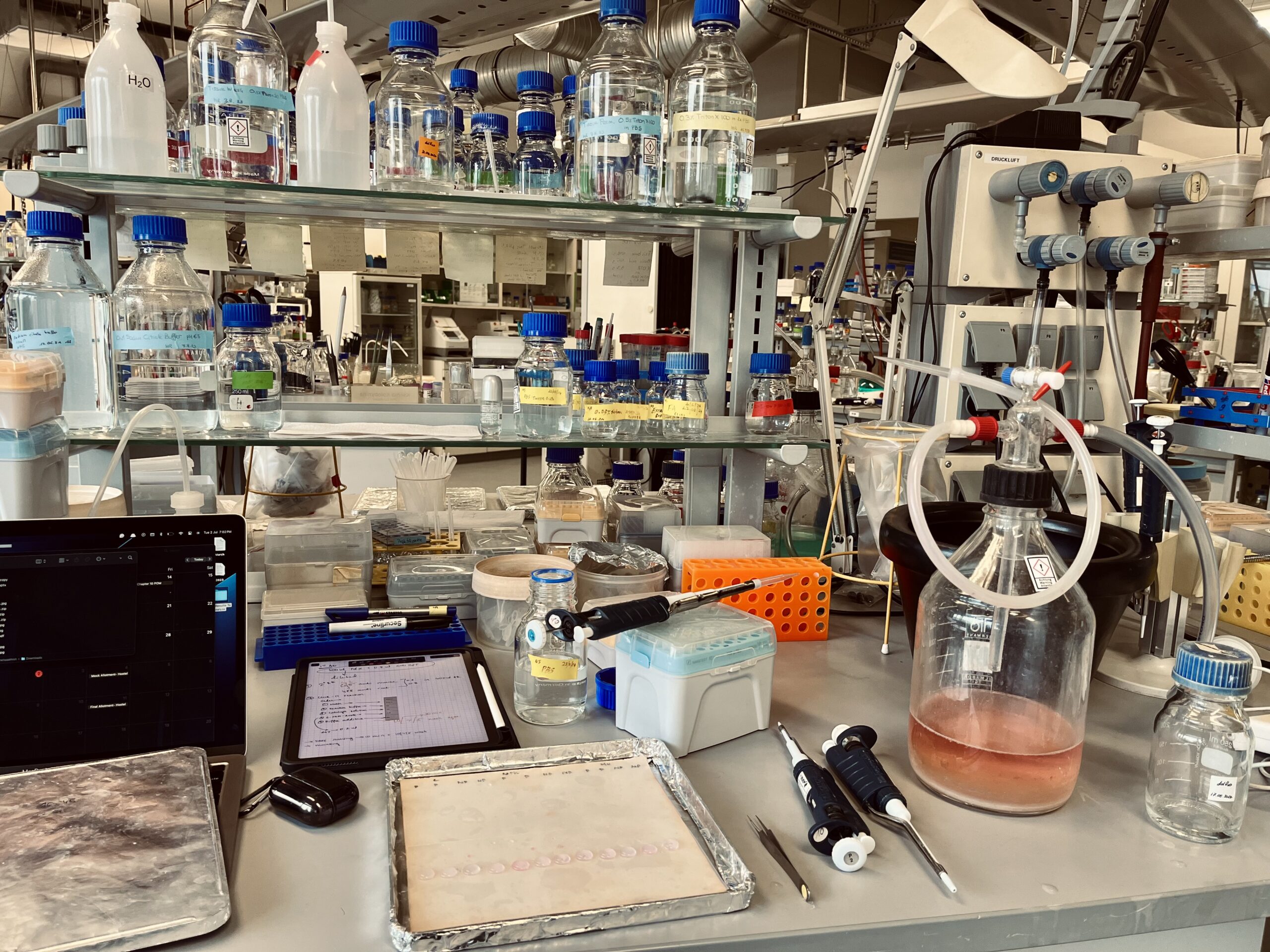
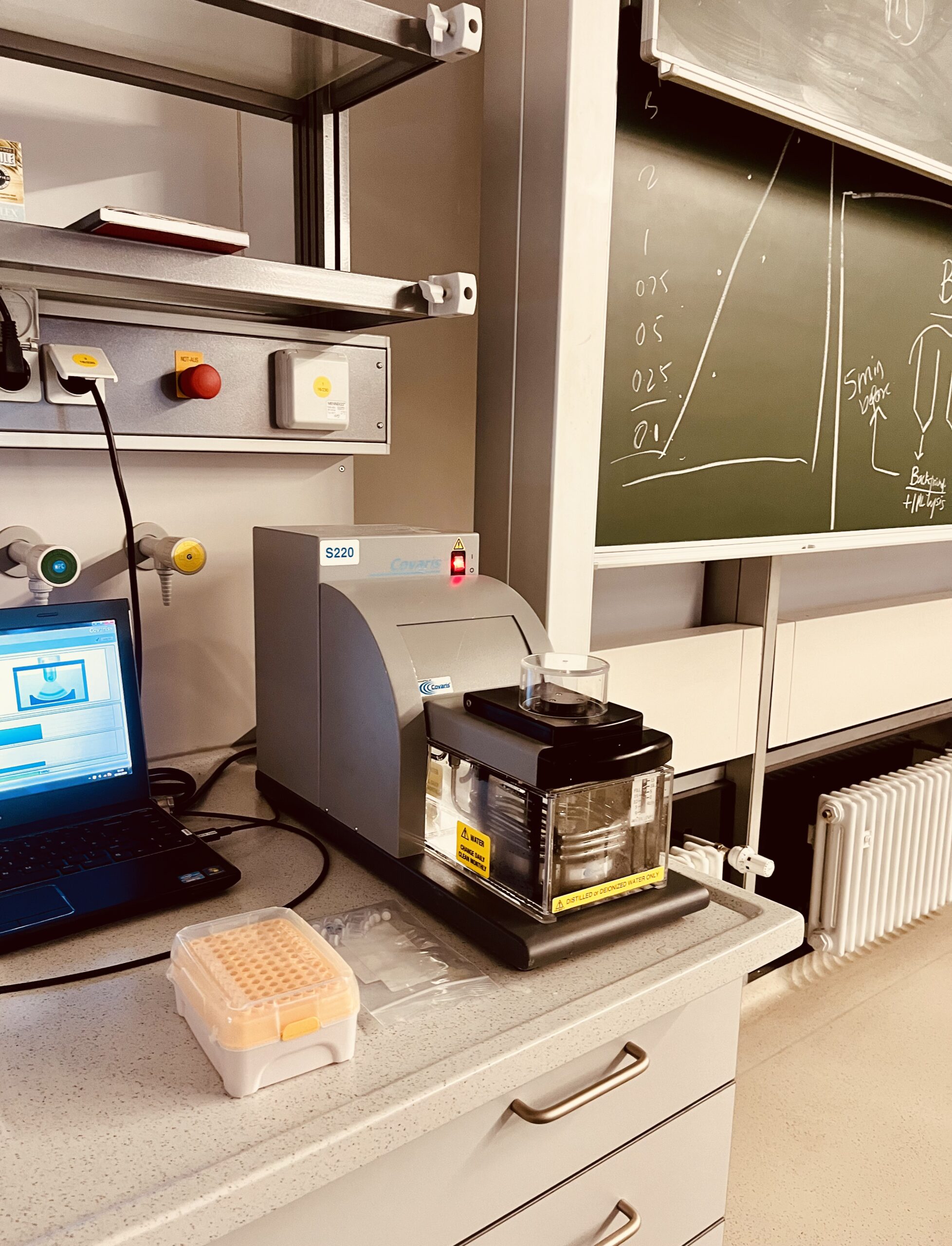
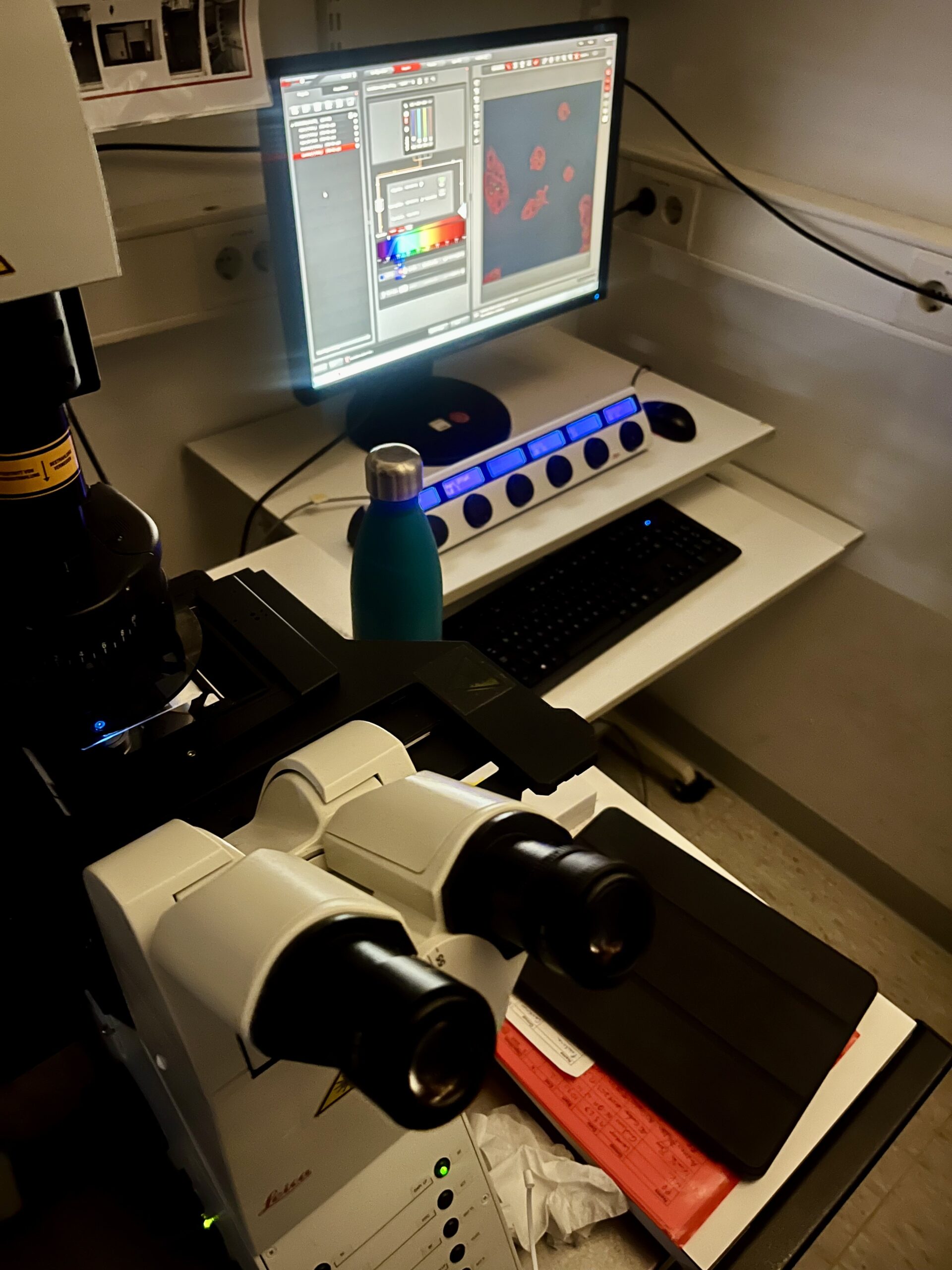
The DAAD-WISE scholarship
The DAAD-WISE (Working Internships in Science and Engineering) Scholarship, awarded by the German Academic Exchange Service (DAAD), is a competitive program that supports around 150 Indian science and engineering students annually from select institutions. This program fully funded my 3-month research internship at the Technical University of Darmstadt, Germany, where I worked under Prof. M. Cristina Cardoso on the project “Dynamics of Replication Fork Components Under Stress”.
Beyond the lab, living in Germany was a culturally enriching experience that added a lot of value to my time there. Travelling around Europe with friends from different cultural backgrounds gave me a deeper perspective on several aspects of life. Sharing meals, exploring historical landmarks, and having cross-cultural conversations helped me appreciate diversity and its importance both in research and daily life. These experiences taught me a lot about inclusivity and how it can positively shape personal and professional growth.
The DAAD-WISE Scholarship was much more than a research opportunity—it gave me exposure to different perspectives and cultures, which has had a lasting impact on how I approach both research and collaboration. It reinforced the importance of working in diverse and interdisciplinary environments as I continue pursuing meaningful research.
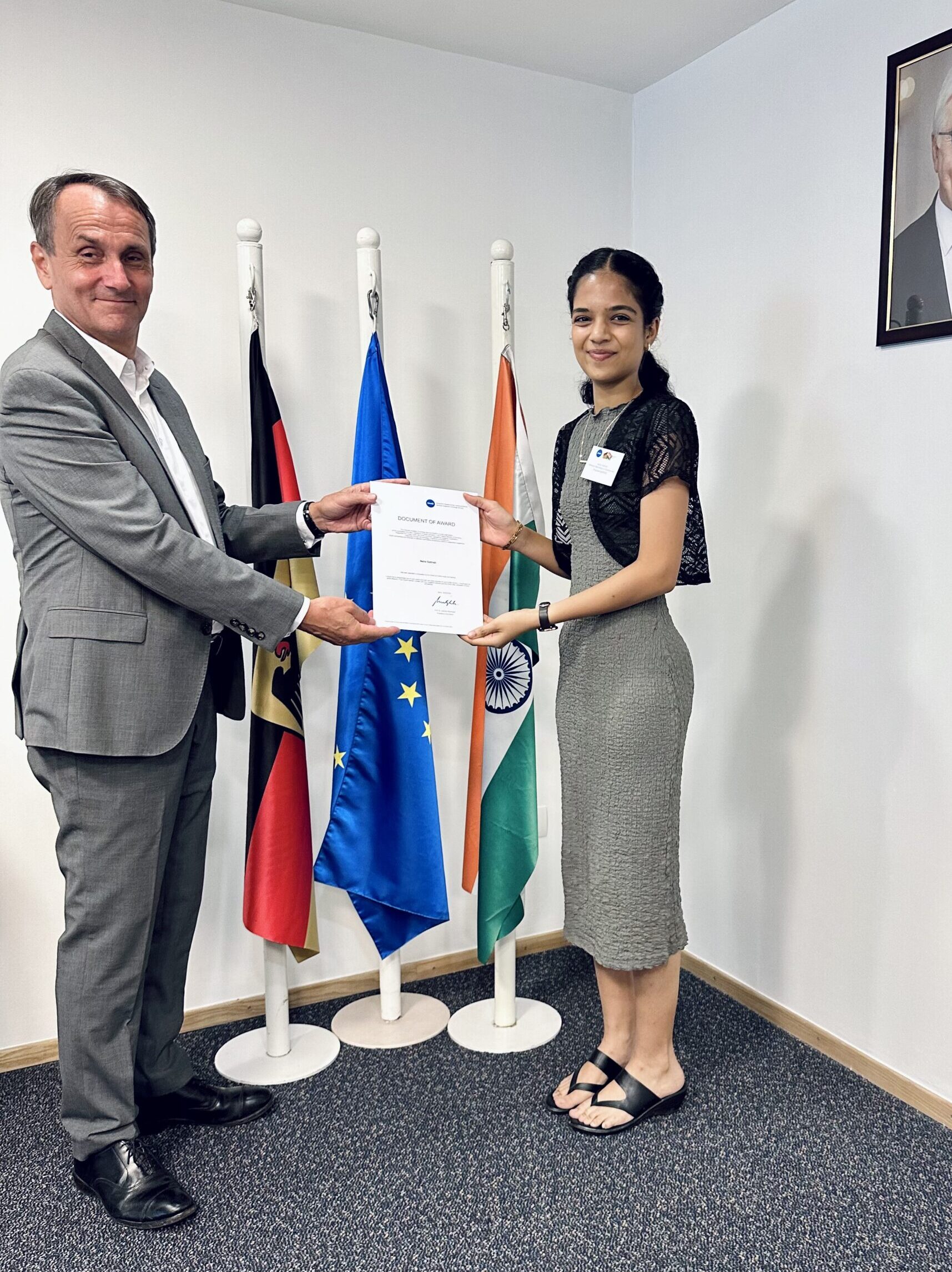
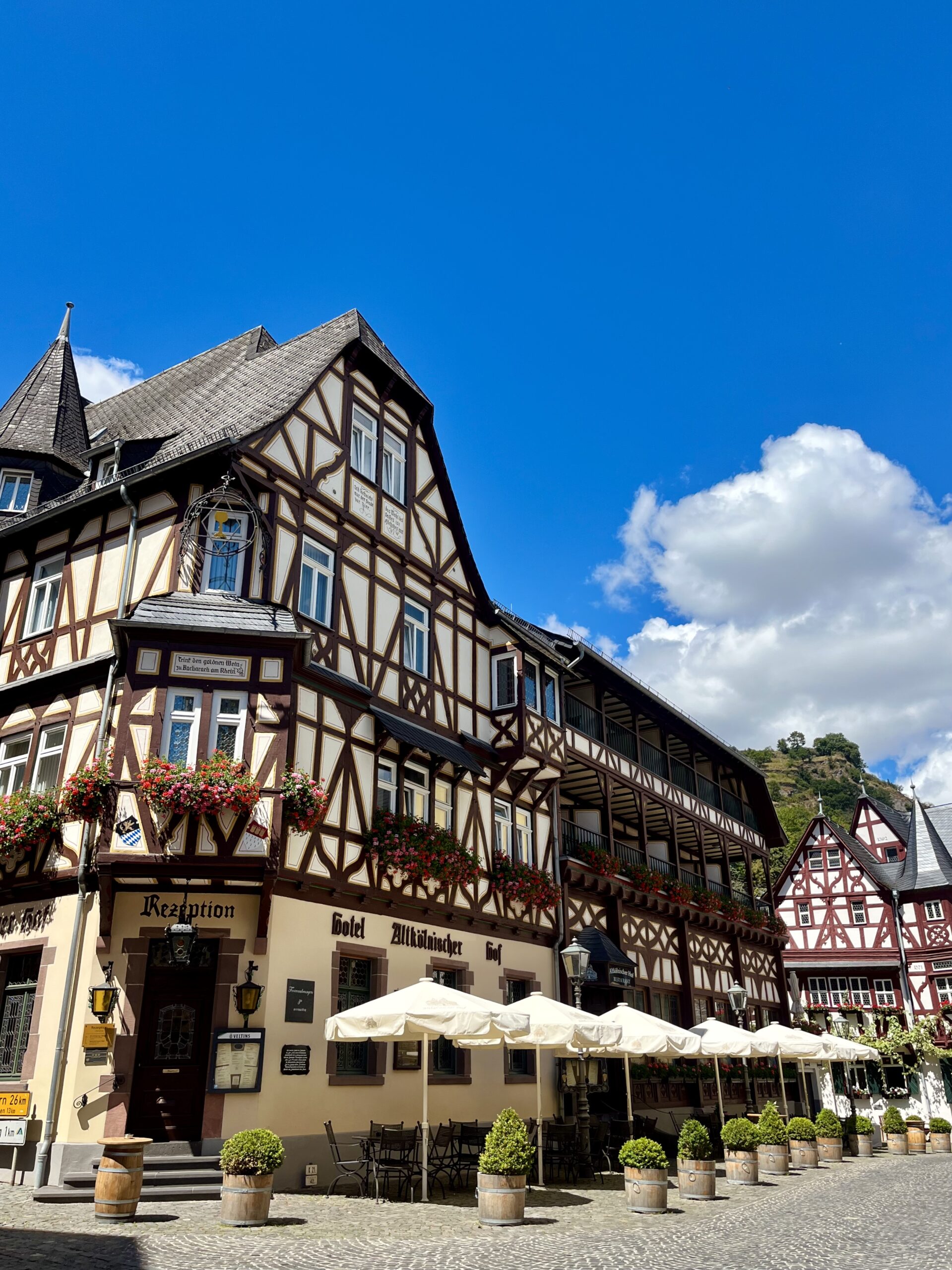
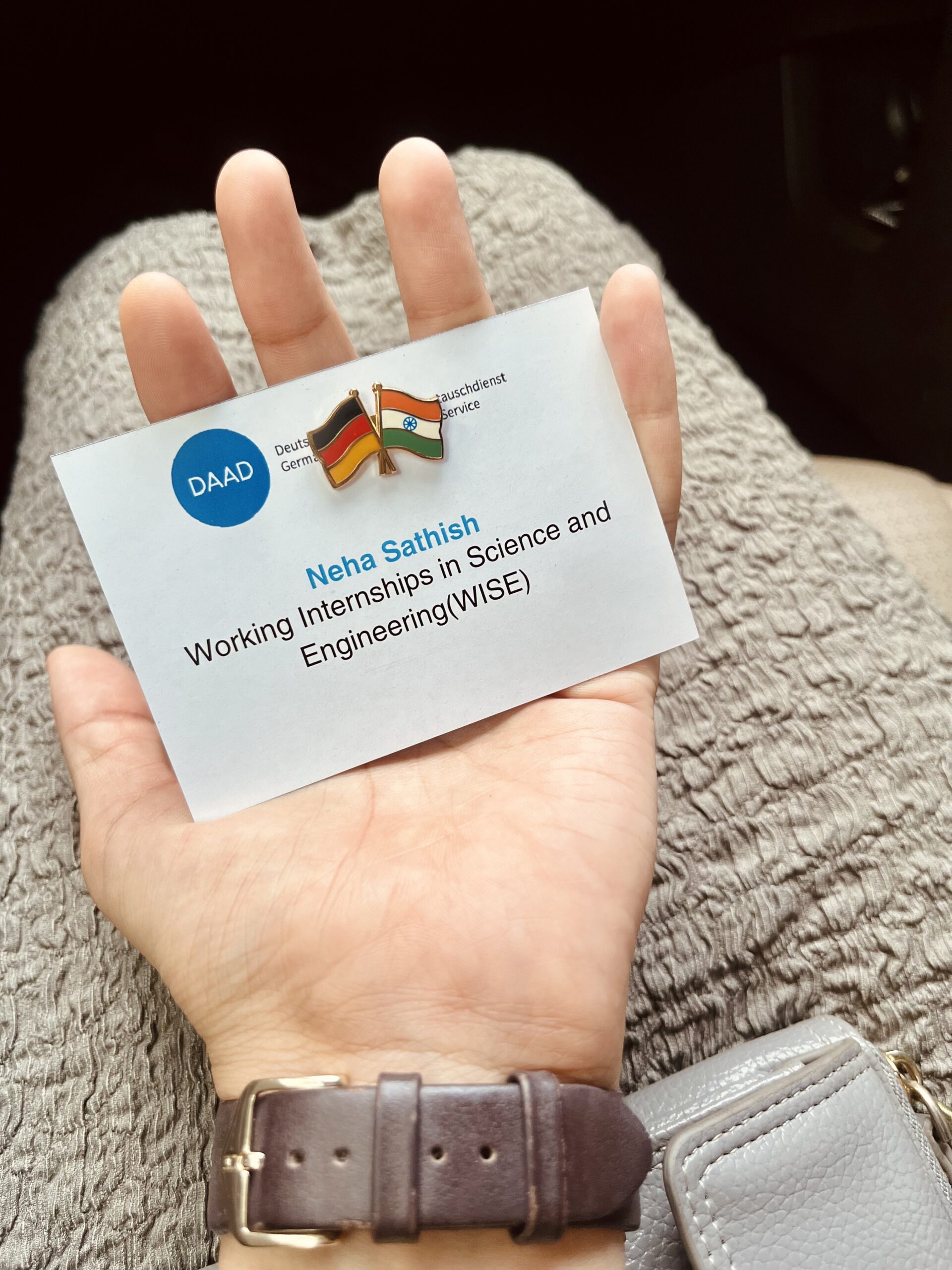
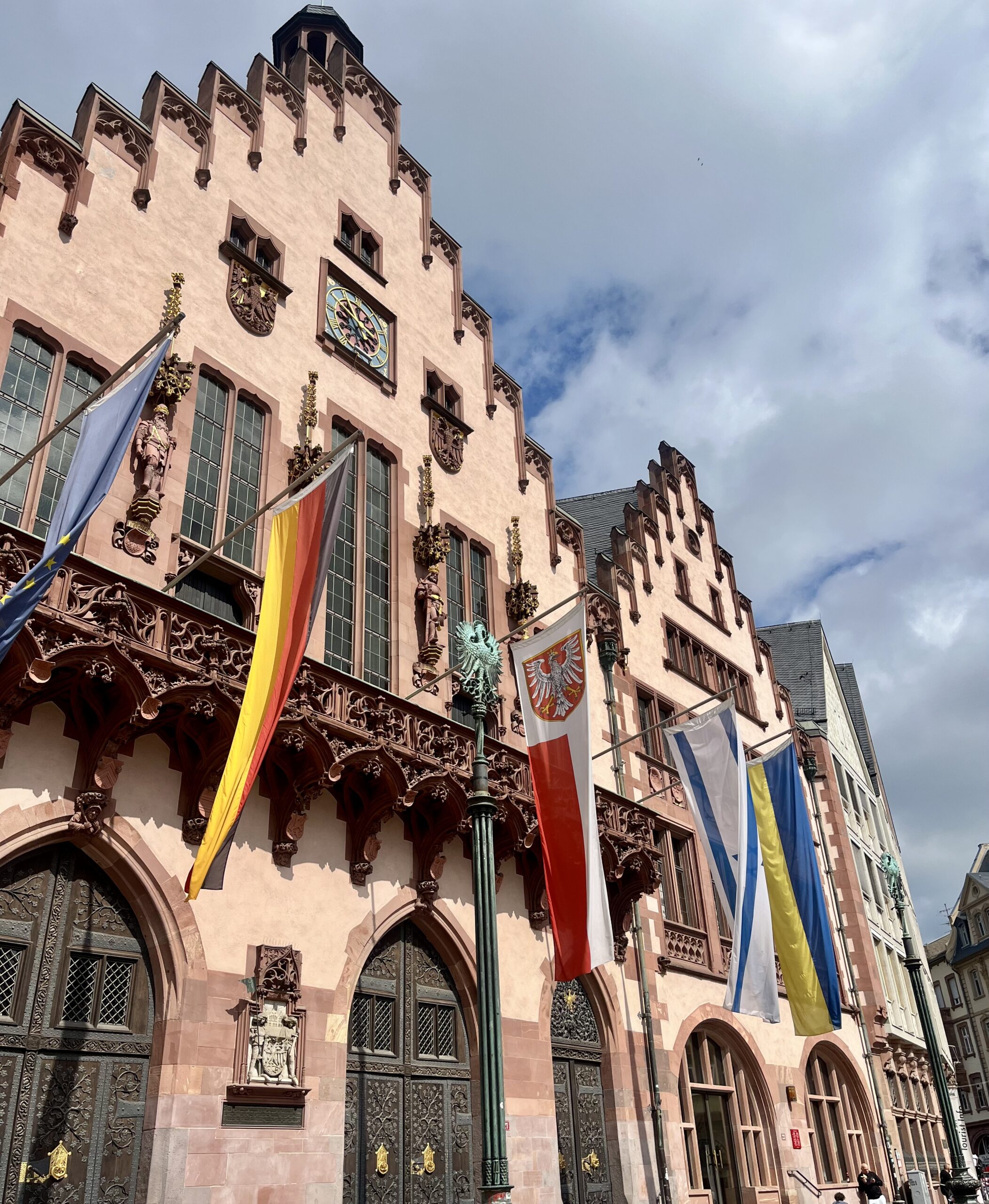

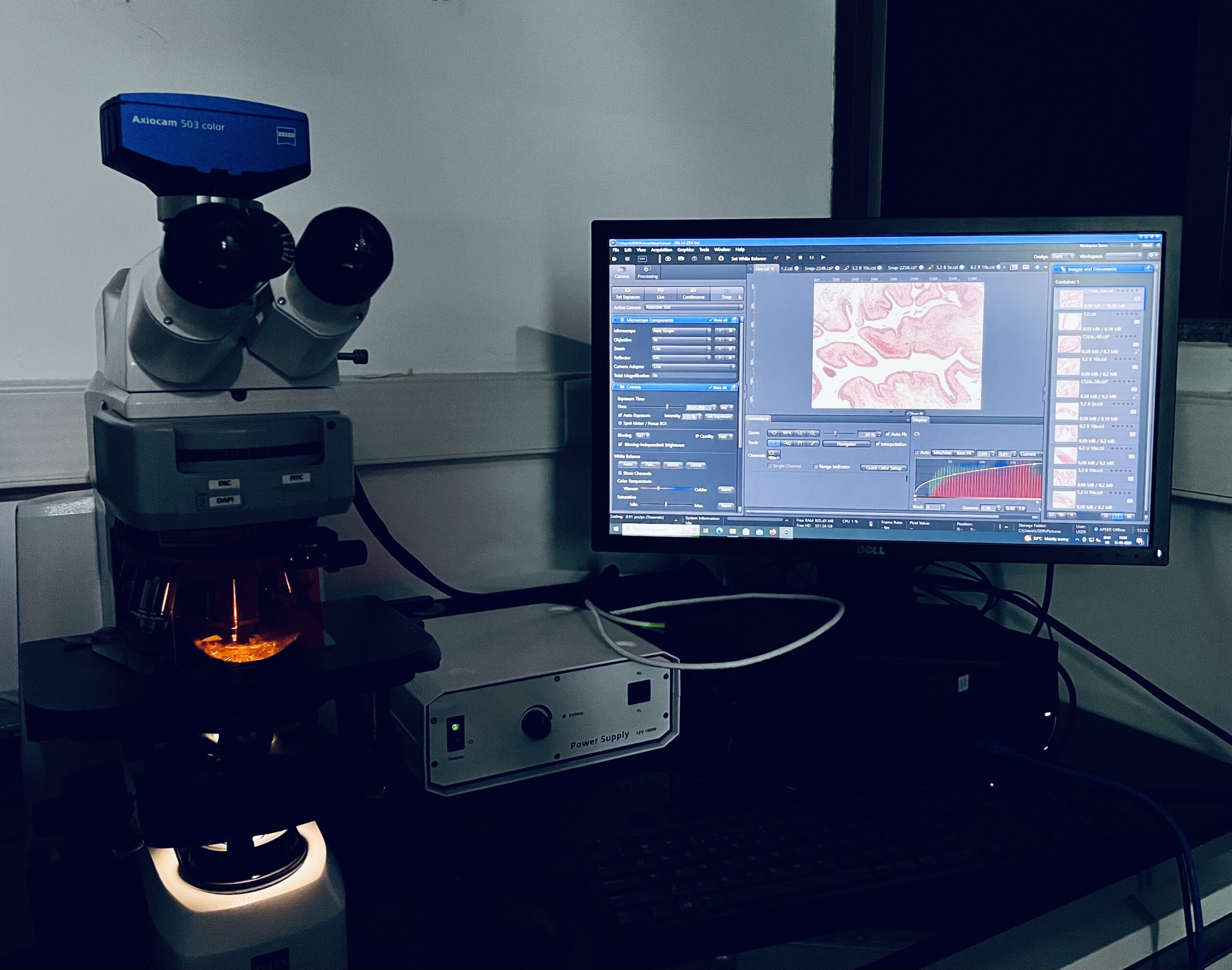
May 2023-July 2023. Bangalore, Karnataka, India
Summer Research Intern @ DBT-inStem
I spent my summer break interning at The Institute for Stem Cell Science and Regenerative Medicine (DBT-inStem) during which I worked under the guidance of Dr Diya Binoy Joseph for a period of three months.
The lab’s work revolves around immune defences in the lower urinary tract. Mouse models and human tissue cultures are being used to understand how immune defences are established during development in the urethra, look into mechanisms regulating homeostasis as well as to study the role of urethral cells in the initiation and propagation of urinary tract infections.
During the internship, I worked with paraffin-embedded tissue blocks and gained hands-on experience in various laboratory techniques including dissecting, sectioning, H&E staining, immunohistochemistry, microscopy, imaging and data collection. My primary focus was on the use of immune markers like CD11C, Langerin, MHCs, CD163 as well as genes like LgalS3, Keratin 5, PPARG, UP1a etc. I also got the opportunity to observe and understand how flow cytometry, RNA extraction, explants and programming languages like R could be used in research. In addition to this, I used various websites like Gene Paint, Primer3 and databases like the NCBI gene database for performing research and designing primers. I also understood other aspects of managing a lab like optimising techniques, ordering necessary equipment and reagents, recording data and other administrative tasks.
One of the most rewarding aspects of this internship was the free sharing of knowledge that I got to witness within the lab as well as between different labs. I got to attend weekly meetings in which researchers shared their current progress and the challenges they were facing as well as come up with solutions. We also had weekly journal club meetings where I gained a lot of knowledge on topics related to the field, these meetings also gave me an insight into how to best present scientific information through well-prepared presentations and talks. InStem also conducted their annual day during the course of my internship where I attended talks in which scientists shared their work on interesting topics that ranged from looking at the importance of redox state in mitochondrial morphology to studying hibernation to control obesity.
Lastly, I understood the rigour that is needed in research and the importance that curiosity plays in making tiny progress that builds up to important discoveries in science. Being open to learning and solving problems as well as having patience and perseverance are some things I will aim to carry forward from the experience in my own academic and professional journey.
POSTER PRESENTATIONS
IMMUNOCON-2023 conference, AIIMs, Delhi, India
Poster titled “Network analysis of Gut Microbiota Metabolites involved in metabolic, gastrointestinal, neurodegenerative and cardiovascular diseases“
This study focused on understanding how gut microbiota metabolites are linked to various diseases, including metabolic, gastrointestinal, neurodegenerative, and cardiovascular conditions. I worked on mapping the connections between diseases, microbiomes, and metabolites using network analysis. It was fascinating and a lot of fun to dive into network analysis and really understand how metabolites like acetate, propionate, and butyrate reduce inflammation through mechanisms like histone deacetylase inhibition. This project not only deepened my understanding of the complex links between gut health and disease but also made me appreciate the potential for targeting these pathways in therapy.
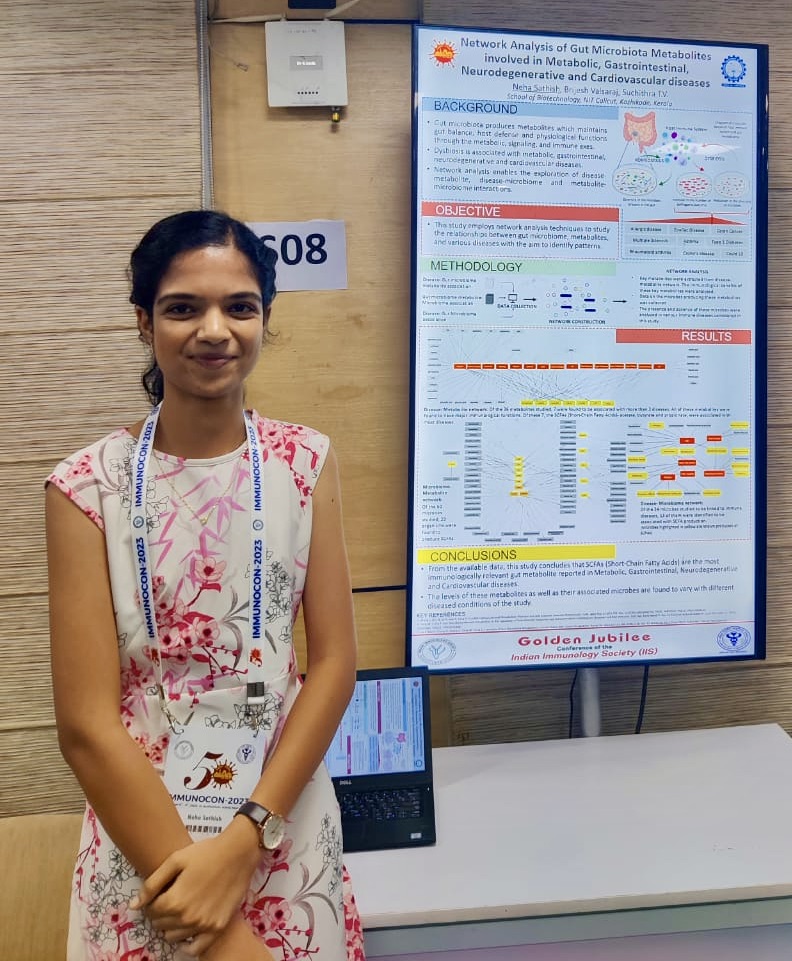
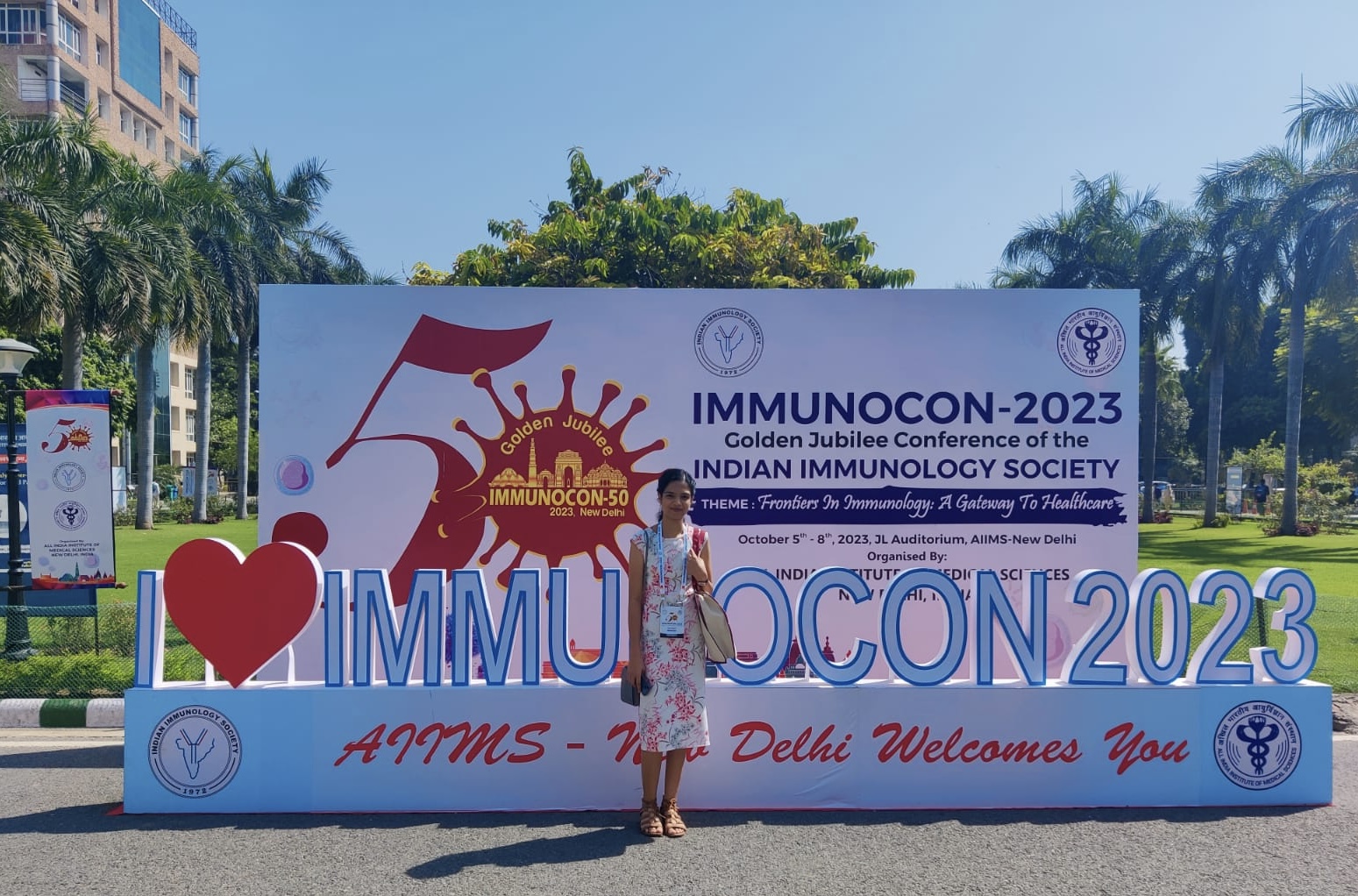
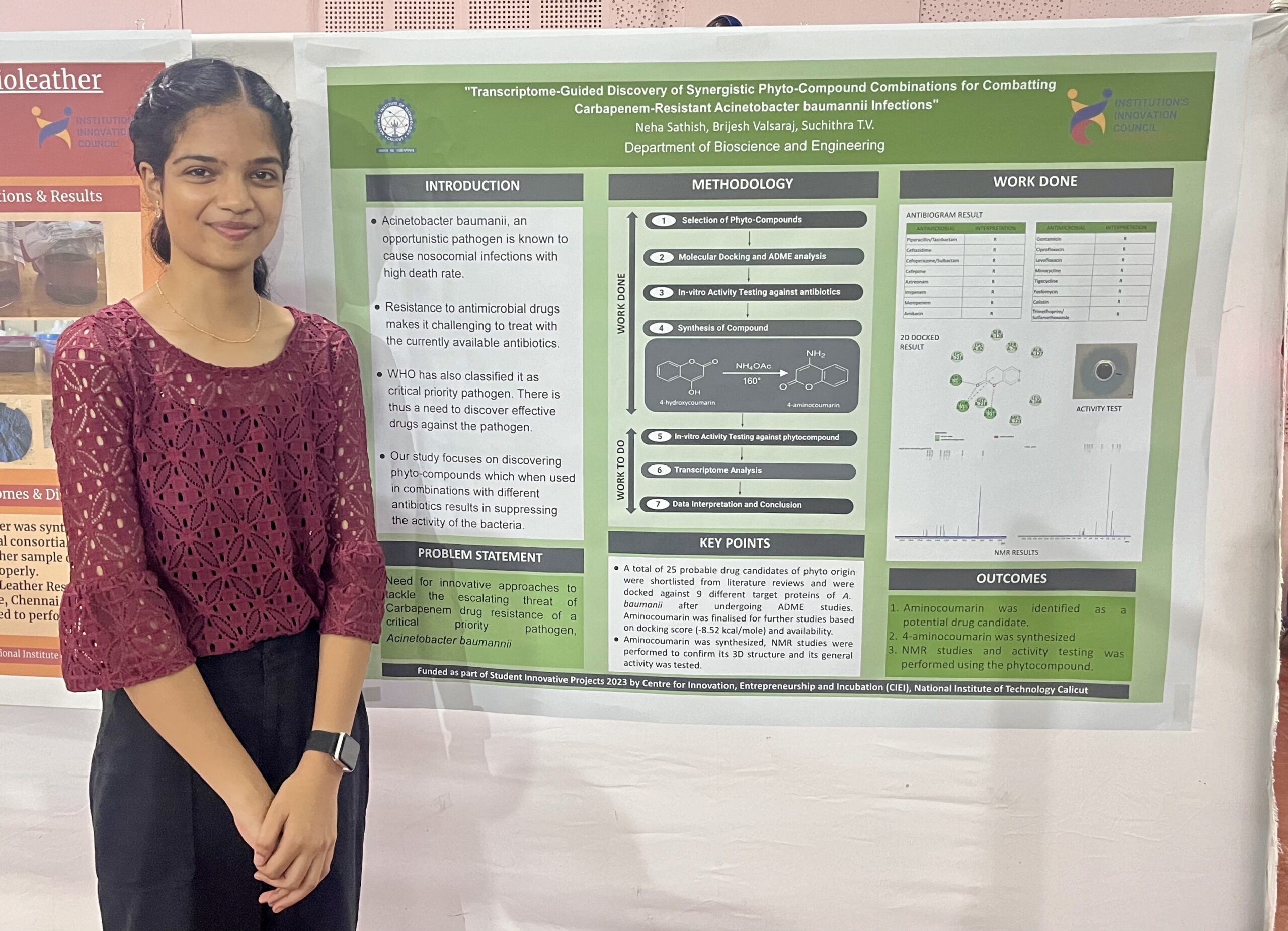
Innovative Project. National Institute of Technology, Calicut, India
Poster titled “Transcriptome-Guided Discovery of Synergistic Phyto-Compound Combinations for Combatting Carbapenem-Resistant Acetobacter baumannii Infections”
I presented the preliminary findings of the project at the poster evaluation for the Student Innovative Projects 2023, organized by the Centre for Innovation, Entrepreneurship, and Incubation (CIEI) at NIT Calicut.
I enjoyed the challenge of having to break down complex scientific topics into simple understandable chunks for committee members, peers, and researchers from different backgrounds. The questions and feedback were incredibly helpful and taught me the importance of communication and feedback for the progress of research.
PROJECTS
Research Paper
The search for Novel BTK inhibitors
The study titled “Targeting BTK: A high-throughput screening and molecular dynamics simulation study to identify drug candidates by exploring plant-derived and repurposed compounds” focuses on the discovery of plant-based Bruton’s Tyrosine Kinase (BTK) inhibitors as therapeutic agents against B cell-related diseases like autoimmune disorders, lymphoma, and rheumatoid arthritis. The work emphasizes a comprehensive approach from ligand preparation and ADME analysis to protein preparation and docking visualization, aiming to design effective inhibitors with minimal side effects compared to synthetic drugs.

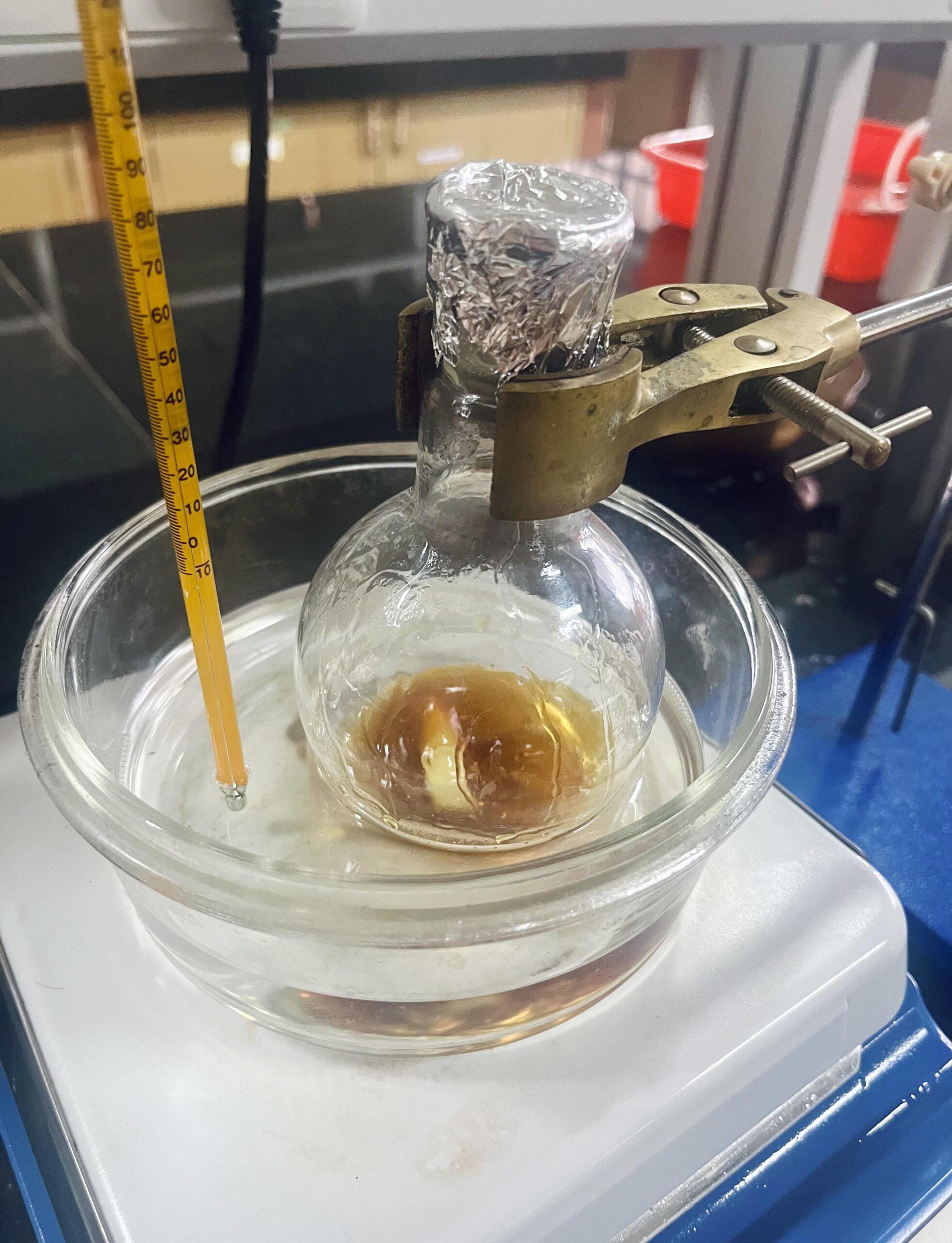
Research Paper
The fight against high-priority pathogen Acinetobacter baumannii
Background: Acinetobacter baumannii is a ubiquitous “critical priority” pathogen causing nosocomial (hospital-acquired) infections with high mortality due to its rapid acquisition of multi-drug resistance, including resistance against the last resort beta-lactam antibiotics carbapenems.
Objective: This study aims to discover phyto-compounds that, when combined with antibiotics, can suppress carbapenem-resistant A. baumannii. It focuses on identifying novel therapeutic agents that could specifically inhibit the Class-D-beta lactamases which are the primary mechanism by which the bacteria acquire resistance to drugs.
Methods and Results: In-silico analysis, including Molecular docking, simulation as well as ADMET analysis was combined with in-vitro validation in which 4-amino coumarin was identified as a potential lead molecule. Currently, transcriptome studies to understand the mechanism of action of the lead molecule against the bacteria is being conducted.
Challenges: Understanding the complexity of resistance mechanisms, understanding the potential targets against which the lead molecule could bind, and how response could vary with different strains of the bacteria are challenging areas.
Review paper
Neuroplasticity
While this paper hasn’t gained too much movement yet, the review paper looks at Neuroplastic and Neurogenetic rehabilitation after ischemic stroke. The aim of the paper is to provide a comprehensive summary of current research in the area and to provide valuable insights on neuroplasticity and neurogenetics’ roles in stroke recovery, rehabilitation strategies, and personalized medicine potential.
